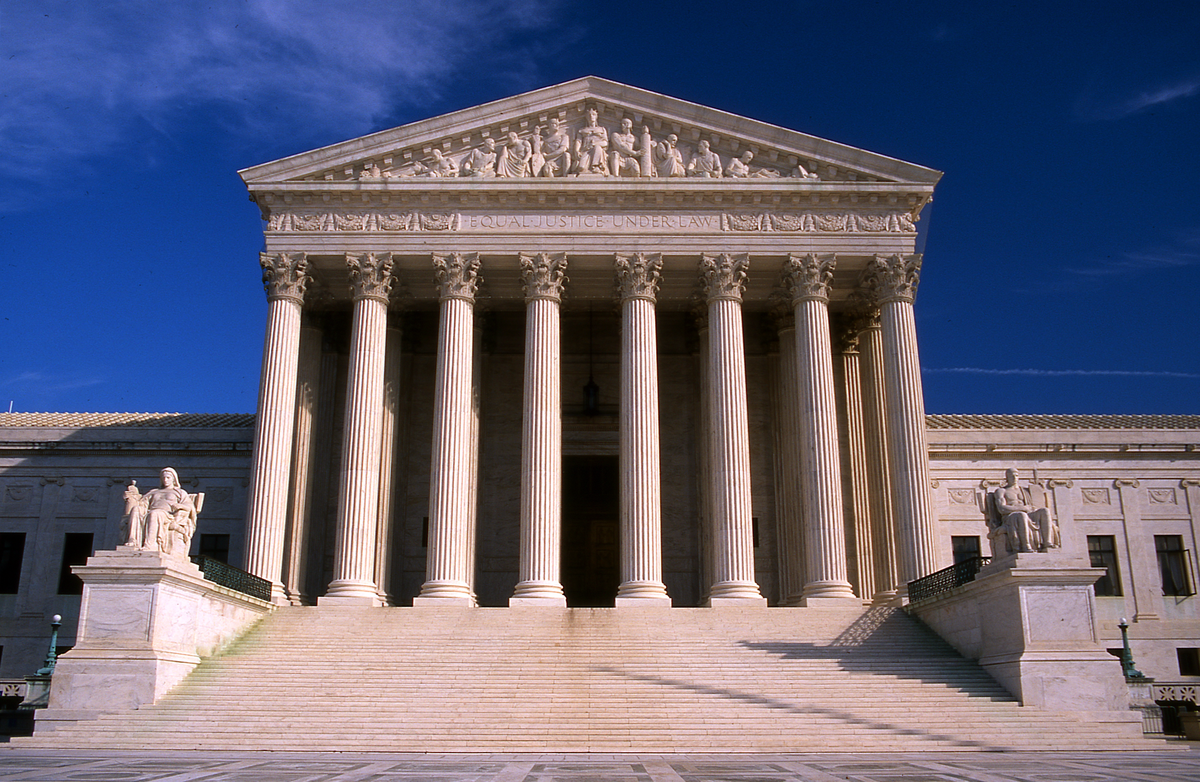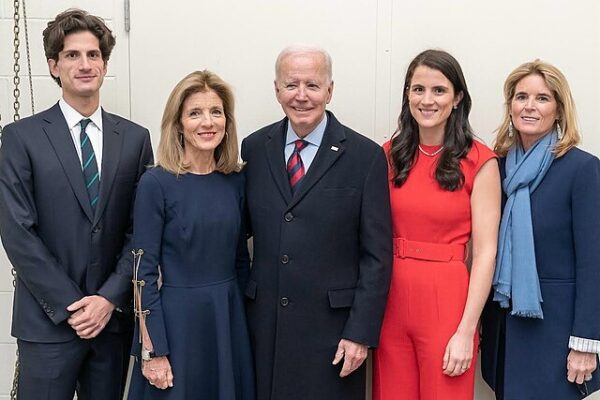Even the liberals had to go along with this one. In a sweeping unanimous decision, the U.S. Supreme Court ruled Thursday that job discrimination laws must apply equally to all workers, even people progressives dislike, dismantling a legal barrier that for years imposed a steeper burden of proof on plaintiffs who are White, male, or straight.
The case—Ames v. Ohio Youth Department—centered on Marlean Ames, a former administrator at the Ohio Department of Youth Services, explained The Washington Post. After being passed over for two promotions that went to gay colleagues, Ames filed suit in 2020, alleging she was the victim of anti-straight discrimination. Lower courts rejected her claims, citing a heightened evidentiary requirement that applied specifically to majority-group plaintiffs—a controversial legal doctrine known as the “background circumstances” test.
Radical Supreme Court rules 9-0 that anti-discrimination laws make discrimination illegal even if progressives dislike the people being discriminated against. https://t.co/vYER8G9rPi
— Charles C. W. Cooke (@charlescwcooke) June 5, 2025
But on Thursday, the justices rejected that framework as incompatible with the Civil Rights Act of 1964, which forbids employment discrimination based on race, sex, color, religion, and national origin.
The implications of the ruling are likely to ripple across corporate America, where diversity, equity, and inclusion (DEI) programs have come under increased scrutiny during President Donald Trump’s second term. While Ames’s case did not directly challenge DEI initiatives, it arrives amid a broader reassessment of workplace policies that prioritize identity over merit.
Legal scholars say the ruling could open the door to a new wave of employment lawsuits filed by majority-group plaintiffs who had previously faced steeper legal hurdles. Circumstantial evidence—often the only kind available in discrimination claims—will now be judged under a uniform standard, regardless of the claimant’s identity.
In arguments before the Court, Ohio Solicitor General T. Elliot Gaiser defended the state’s hiring decisions but distanced himself from the higher burden imposed on Ames, focusing instead on the specific evidence in the case. The justices, however, took aim at the broader principle, making clear that civil rights law cannot be applied unevenly based on demographics.
For Ames, who described feeling “punished for not being part of a preferred group,” the ruling marks both a personal victory and a legal milestone. “This isn’t just about me,” she said. “It’s about ensuring everyone has the same shot—no matter who you are.”
[Reads More: Texas Senator In Major Trouble]











Victory
BTDT – lost more than one job/promotion over the years because I was not a puzzle piece able to ‘fit’ a particular ‘quota’. Remember that an individual is always a ‘minority’.
I predicted early in my career that whoever could figure out a way to hire/promote based strictly on merit/capability they would have it made, that was over 50 years ago. Seems like the supremes may have finally accomplished that goal – provided of course that everyone complies, they’ve been ignored before.